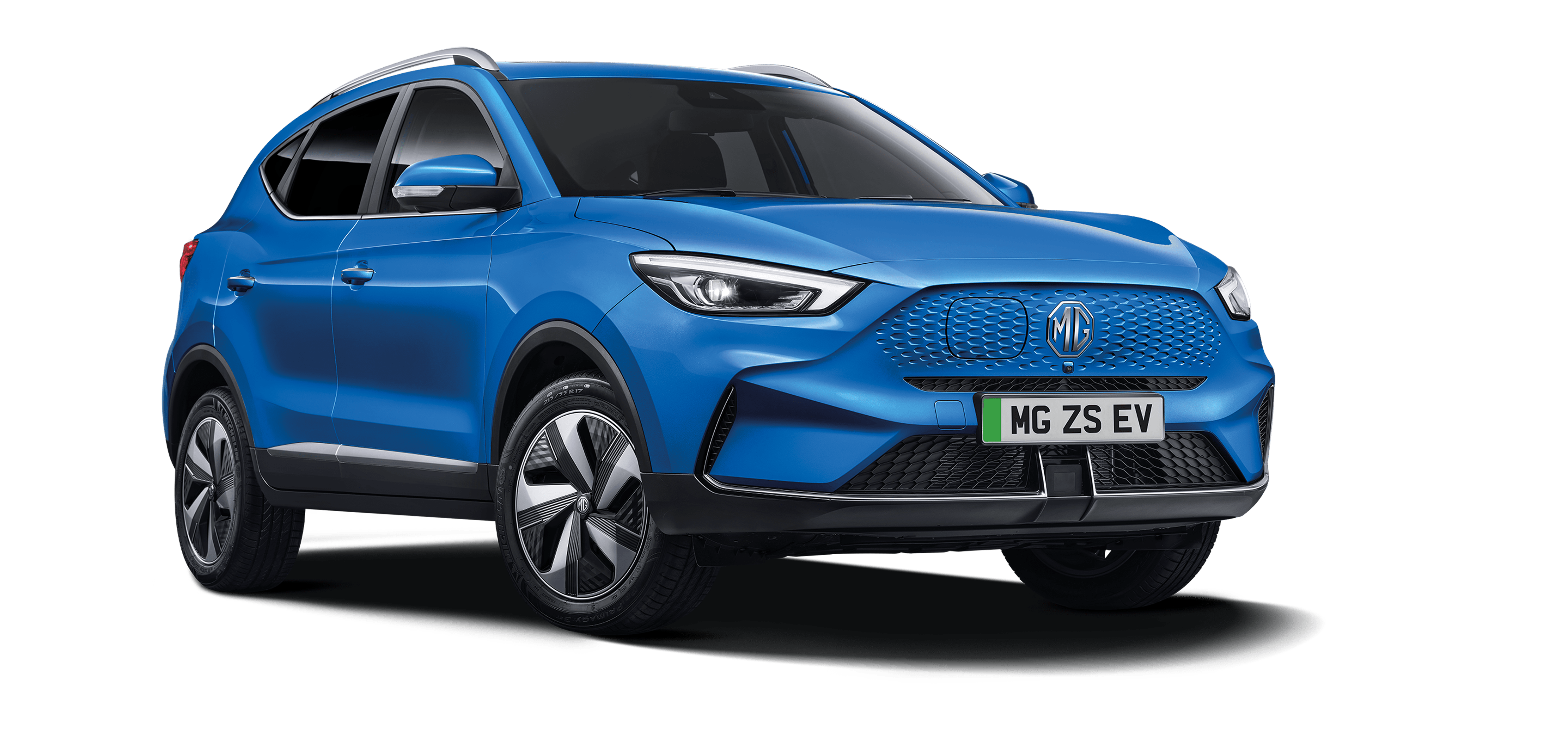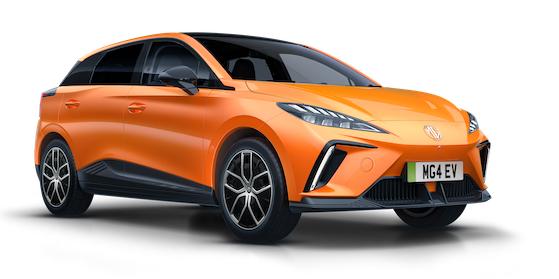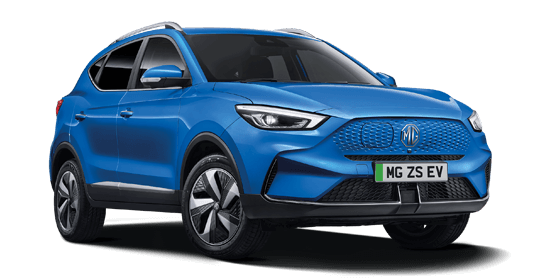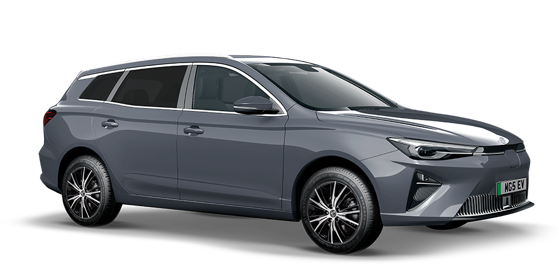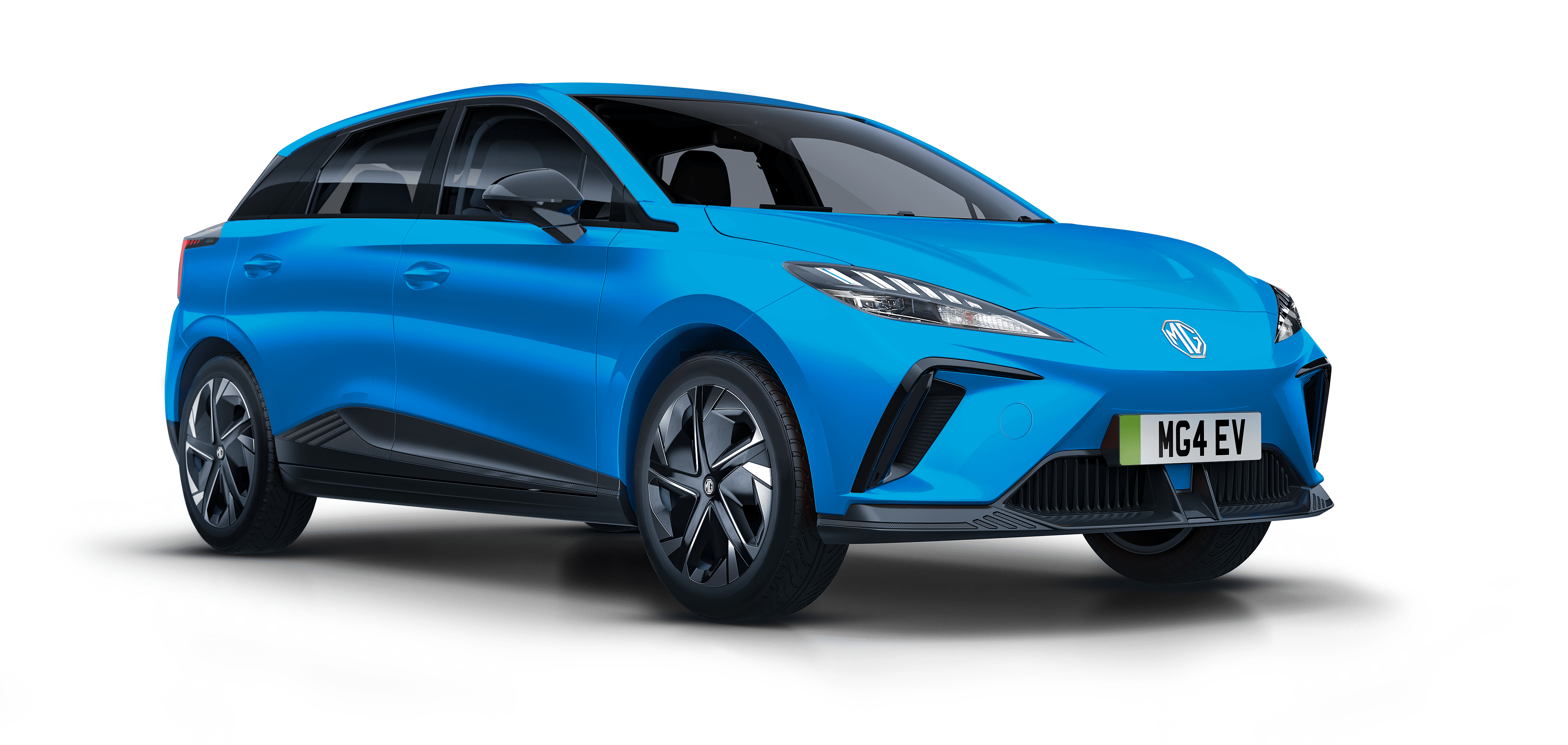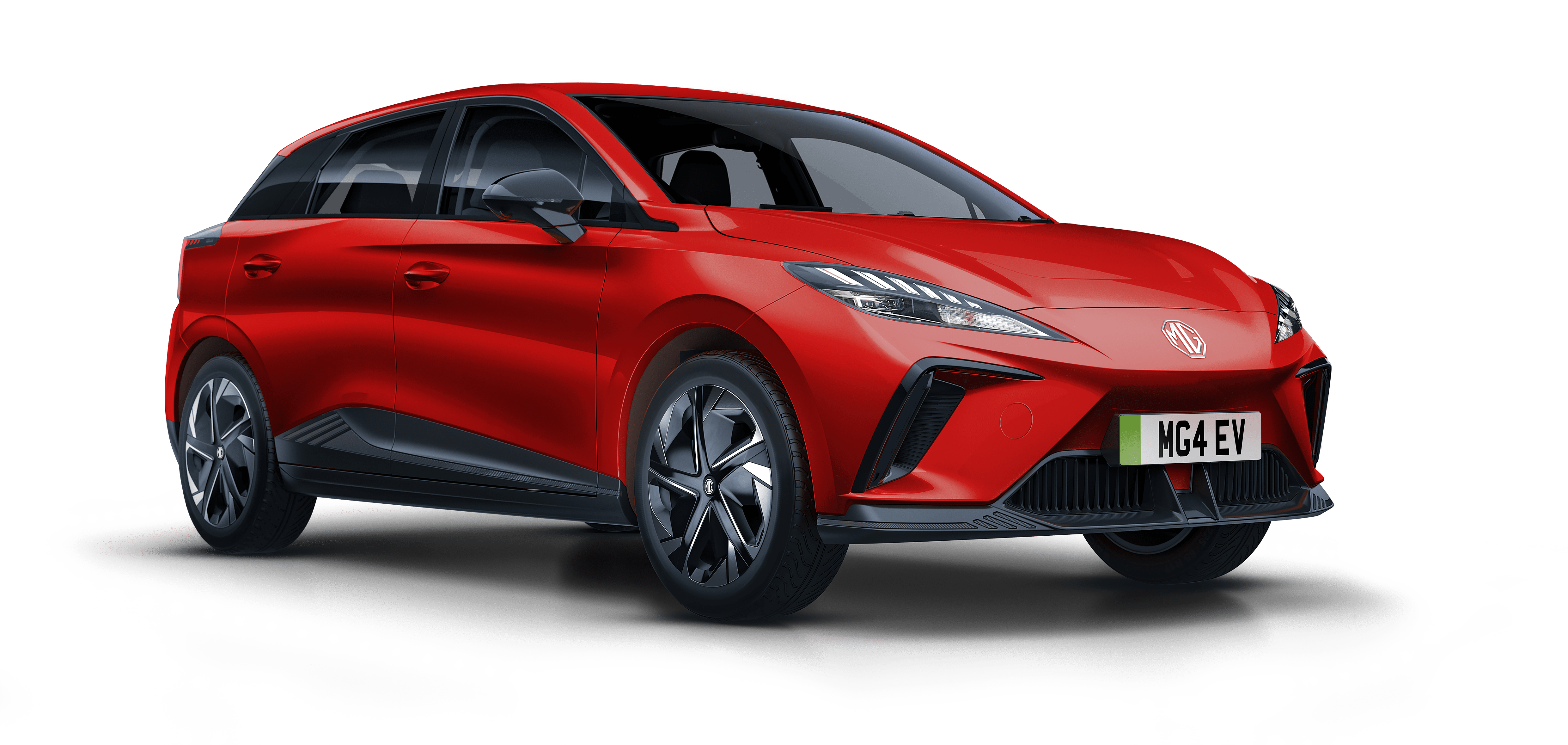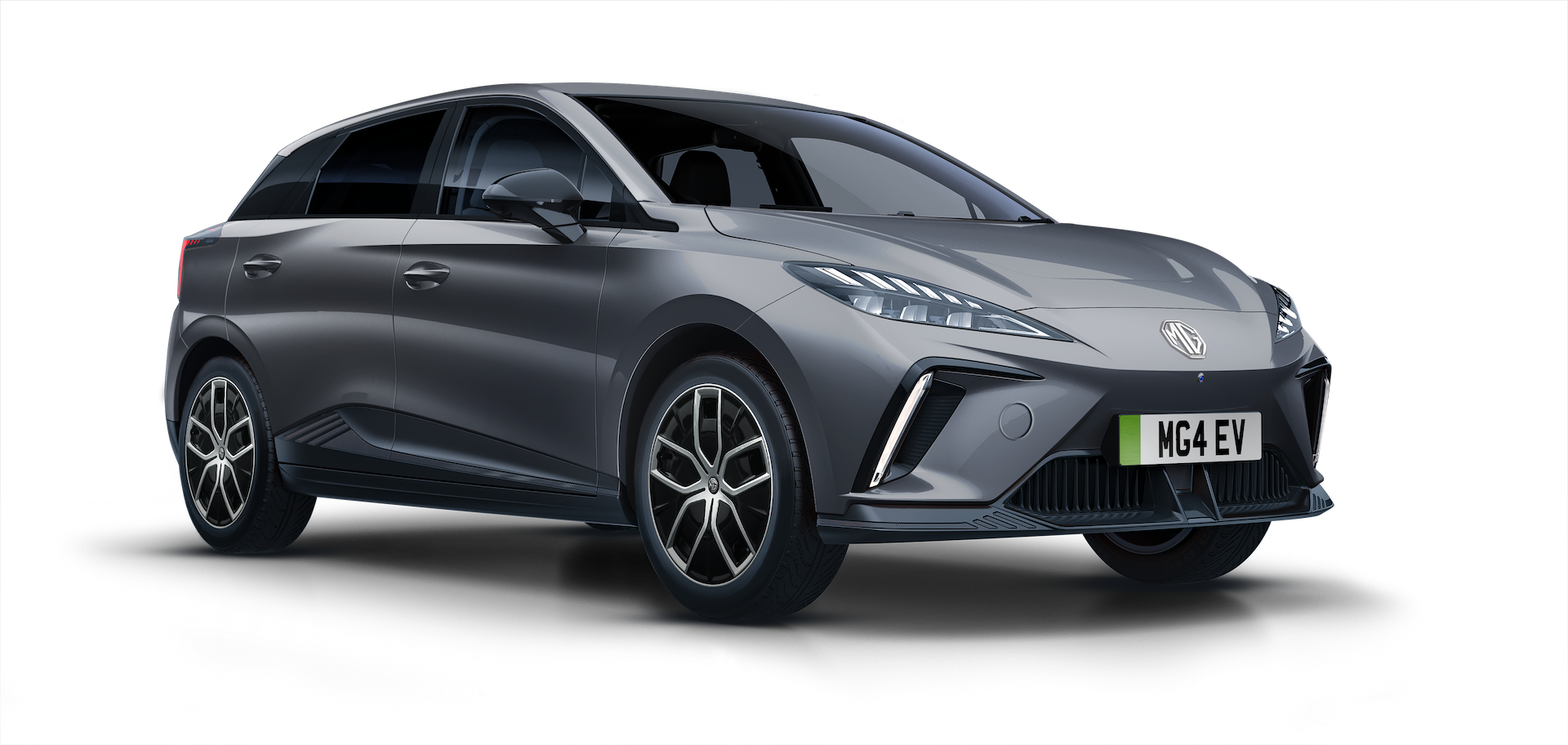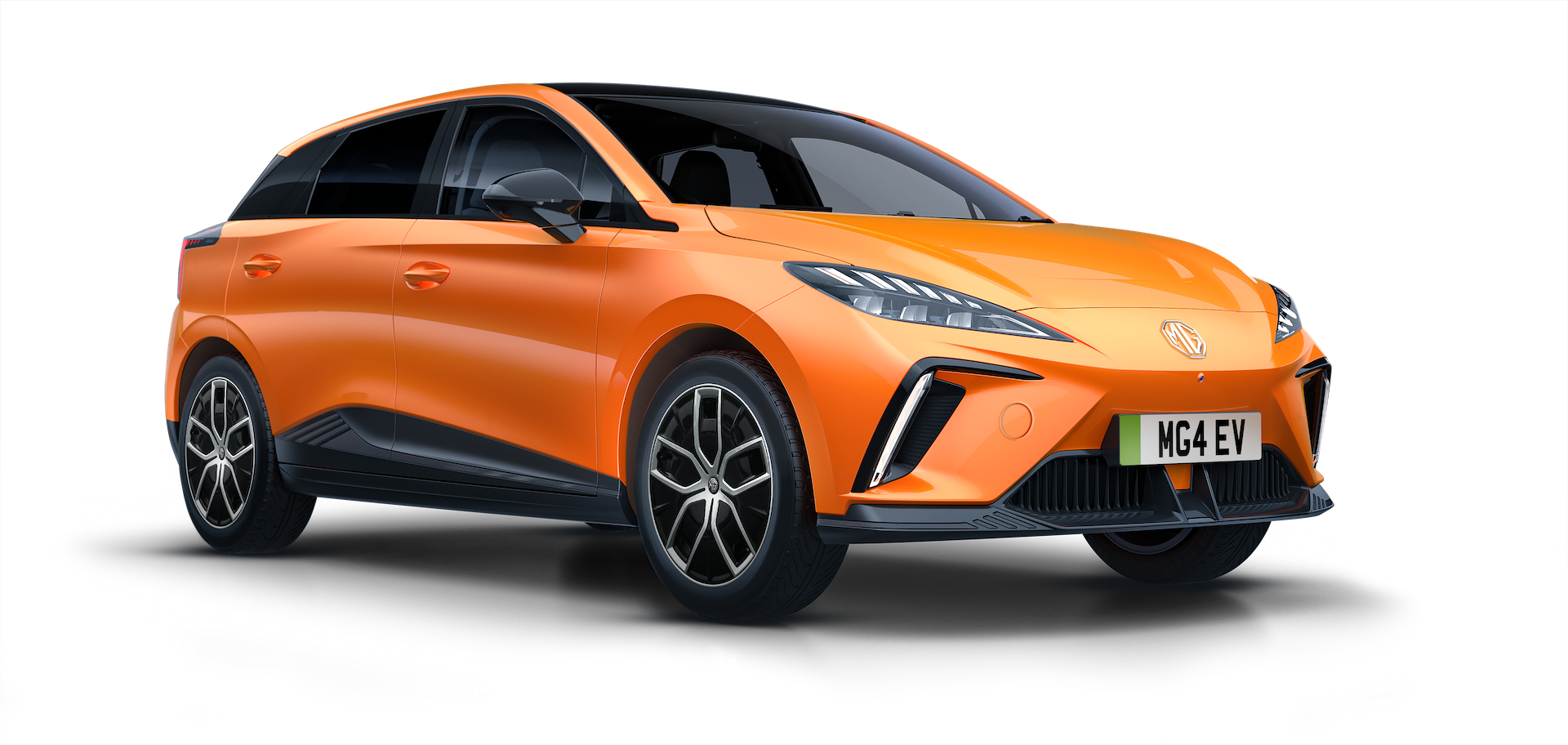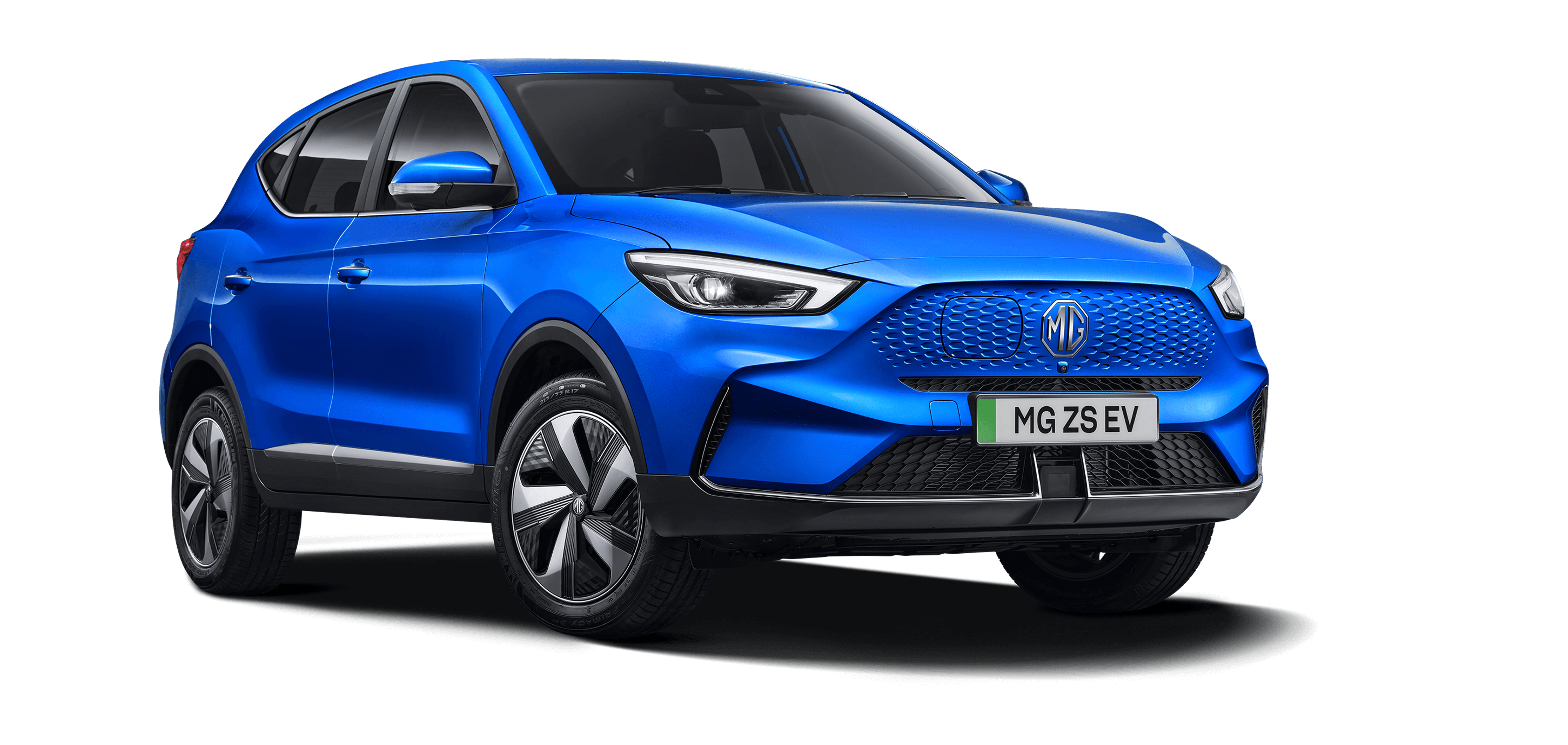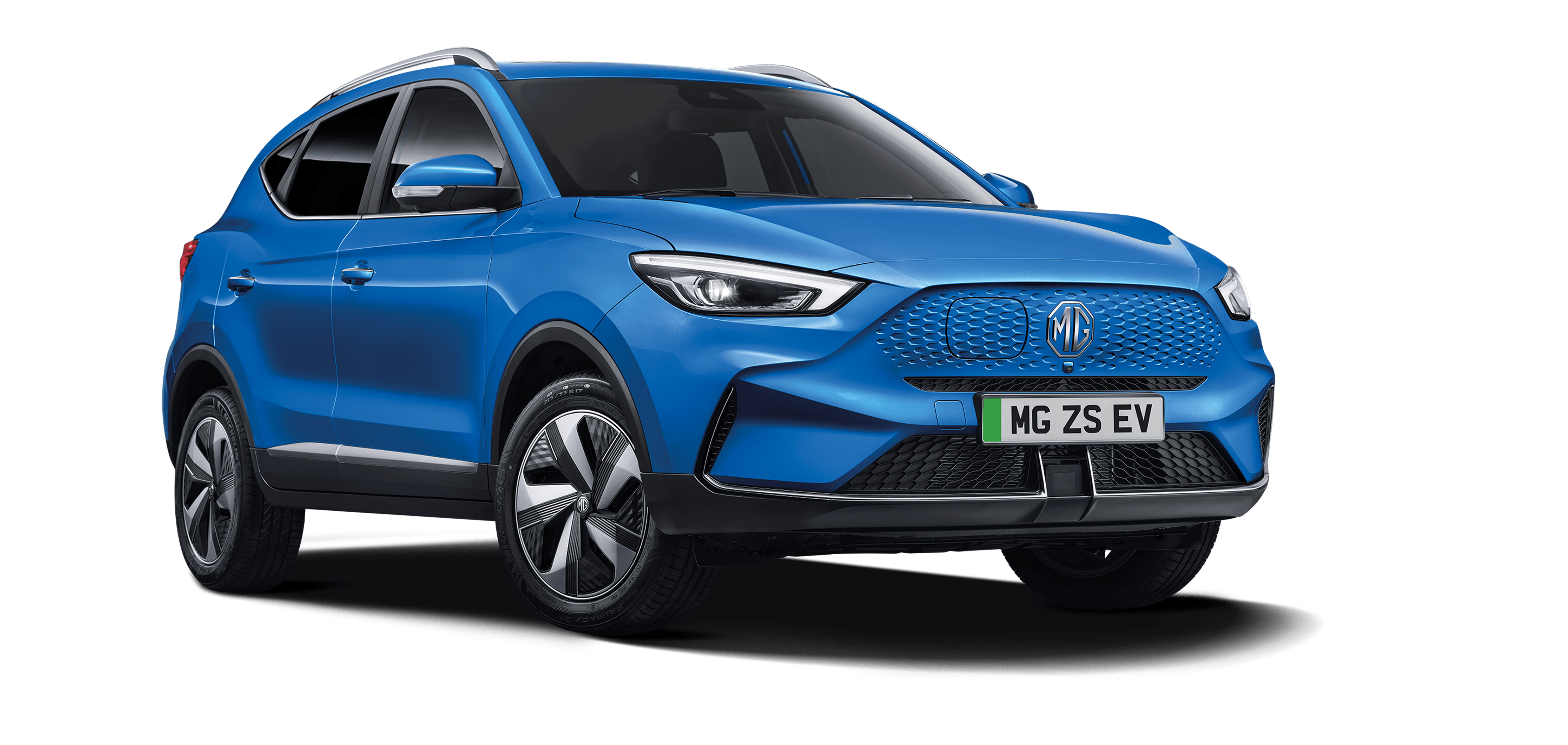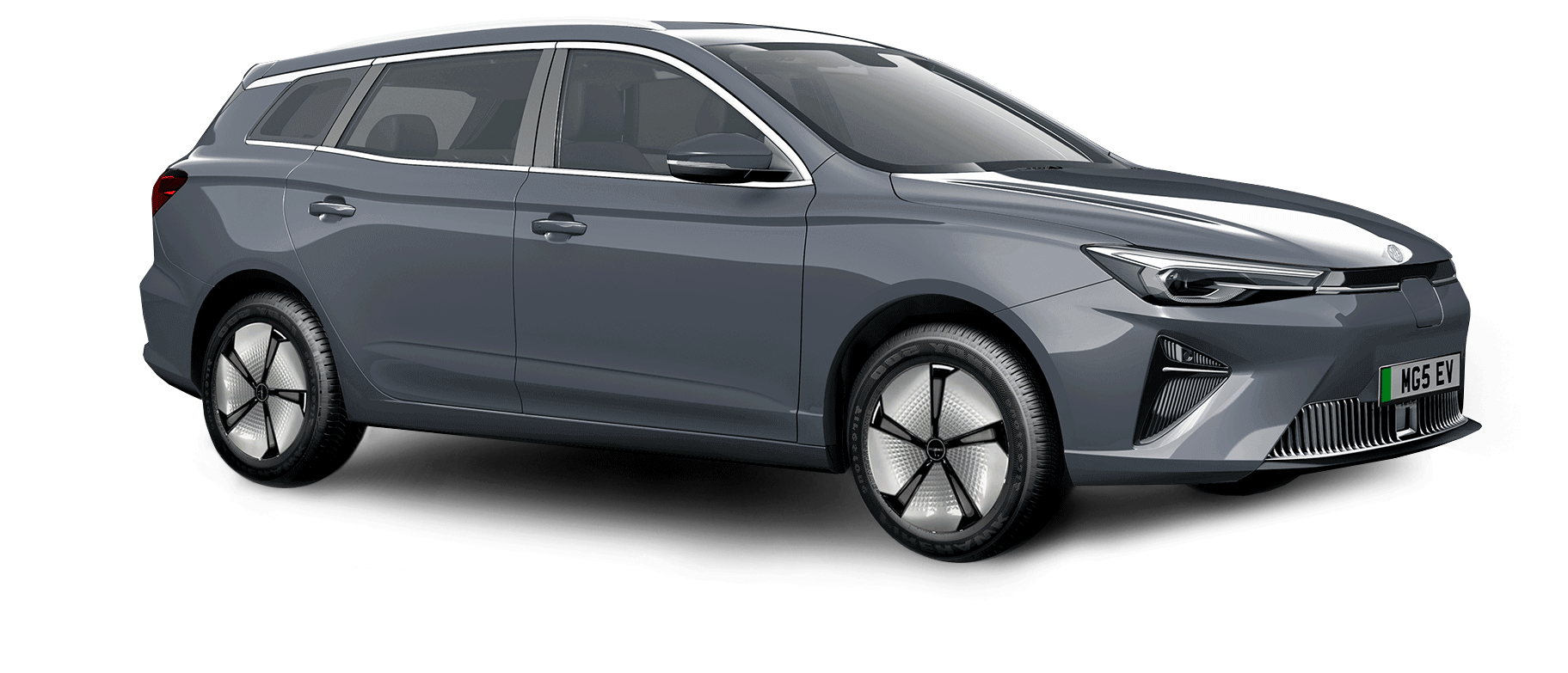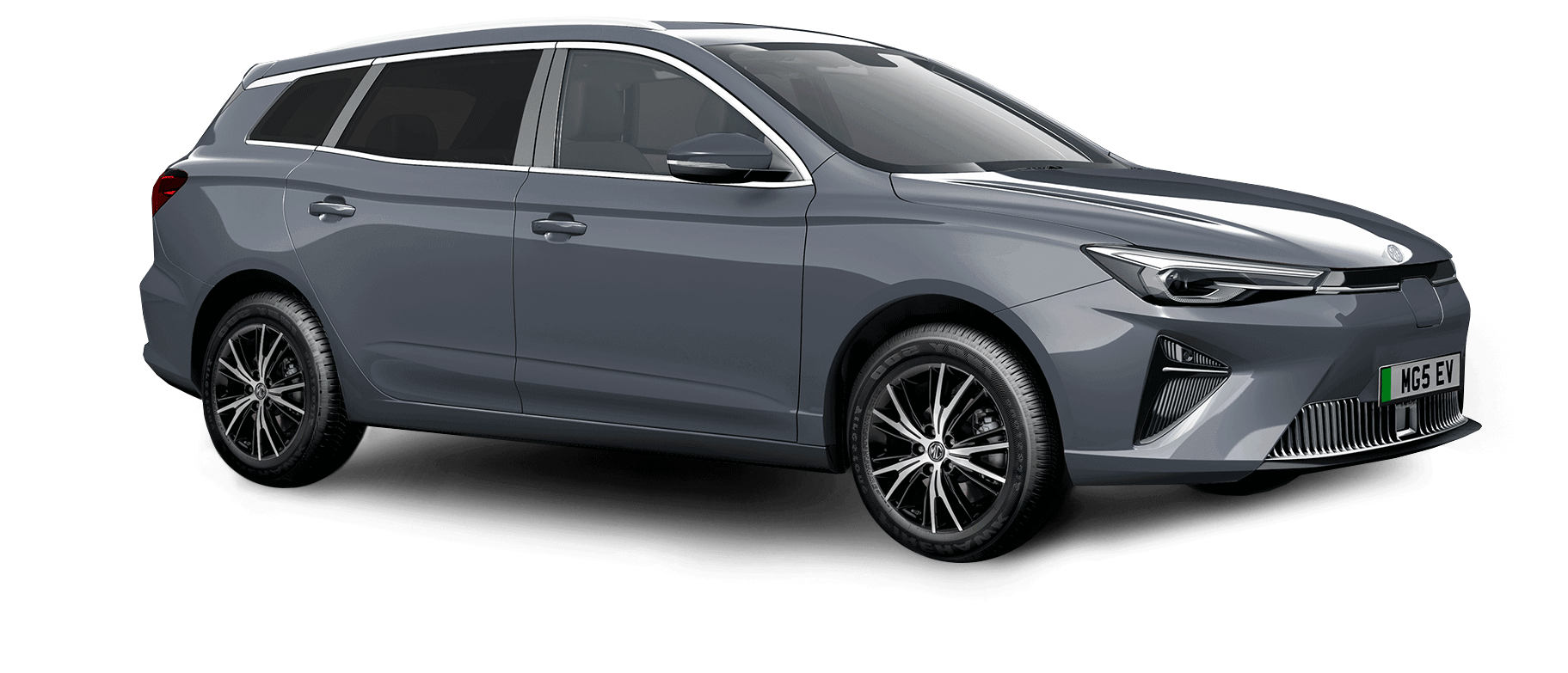How Does Cold Weather Affect Electric Cars?

Electric car owners, like all drivers, may be cautious about driving in the cold weather, because the extreme temperatures can affect driving performance. However, the key is to learn how to adapt to the ever changing weather (especially in the UK!), to ensure you drive safely all year round. This article explains how EVs are affected by the cold weather and what car owners can do to prepare for the winter months.
Why are electric cars affected by cold weather?
Most electric vehicles are powered by lithium-ion batteries. These batteries are highly sensitive to temperature. The colder, more extreme temperatures can reduce the efficiency of lithium-ion batteries which affects the performance of electric cars.
However, there are some things that drivers can do to prepare for the harsher winters to ensure they can still drive their EV all year round. For example, in Norway (a country much colder than the UK), 79.3% of all cars sold in 2022 were battery powered, which shows that it's not impossible to drive an EV in a cold climate. Instead, drivers just have to understand how performance can be affected in different climates so that they can adapt to the winter months.
How does cold weather affect electric cars:
1. It can reduce the range of your EV - Research by What Car? suggests that drivers can expect 15-20% fewer miles from an EV in the winter than in the summer, which would reduce even further in icy conditions. Therefore, you need to ensure that you have more charge in the bank than you would usually do for your journey so that you are not caught short.
2. It increases charging time - Electric cars tend to like being at a certain temperature to charge efficiently. When the car is too cold, it takes longer to charge. Therefore, in the winter it's best to add a little longer to your journey time to account for this longer charging period so that you’re not caught out. You could also invest in a high speed charger to help reduce these charging times.
3. It reduces battery life - Cold batteries have a smaller capacity than warm batteries, which means that electric cars cannot hold as much charge in the winter months as they do in the summer. This is due to the cold temperatures slowing down the chemical reaction which generates power, thereby weakening the battery’s power and reducing its lifespan.
How can electric car owners prepare for the cold weather?
1. Ensure your EV is fully charged - Your car is going to need more charge than it usually does so its best to ensure it's fully charged at all times to ensure you never run out of power. However, this would be more costly as you are using more electricity so make sure to research your energy provider to see if there are any cost saving initiatives you can use such as charging at night at a reduced price.
2. Use regenerative braking - Regenerative braking is when you use the kinetic energy generated by braking to power your vehicle. This ensures that no energy goes to waste, which can help extend the charge of your EV in the colder months where this range is reduced. However, not all EV’s have regenerative braking so ensure you check your model and make use of this innovative technology.
3. Keep your battery warm - The biggest challenge that electric cars face is the battery getting cold. To combat this, drivers need to look for ways to keep their battery warm in the winter months. The easiest thing to do is drive frequently, for short distances, which you may begin to naturally do in winter, as let's face it, we're more likely to jump in the car than walk in the freezing weather!
Summary: EV owners need to adapt to driving in wintry conditions
Electric car owners need to be cautious in the winter months, however this is true for all drivers. The colder weather not only affects EV’s, but can reduce performance of all cars. From driving slowly on icy roads, to swapping to winter tyres, we all adapt to driving in colder conditions. Therefore, making these changes to driving your electric car in the cold is no different and shouldn’t put you off owning an EV. You simply need to use all you have learned in this article to best prepare for when that cold weather comes in so that you can make driving an electric car as smooth and simple as possible.
For more information read our MG blog on ‘Winter Driving Tips’.
